Essential Hardware Materials: Industrial Manufacturing Insights
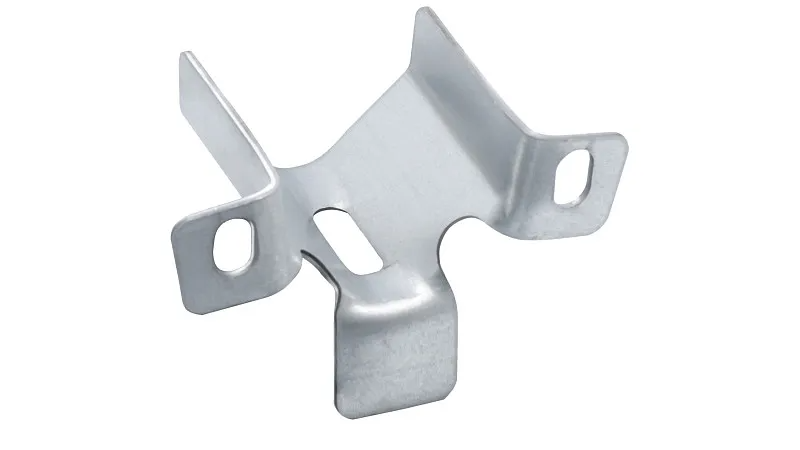
Hardware materials are the backbone of modern manufacturing, design, and technological innovation. From furniture production to electronic devices, understanding the diverse range of materials is crucial for professionals across various industries. This comprehensive guide explores the key hardware materials, their properties, applications, and significance in contemporary manufacturing.
Steel Materials: The Versatile Backbone of Industrial Design
Steel stands as the most common and vital hardware material, offering exceptional versatility and strength. Different steel types cater to specific industrial needs:

Carbon Steel
Carbon steel represents the most prevalent steel variant, characterized by:
- Excellent strength and weldability
- Widespread applications in construction and manufacturing
- Ideal for structural components and industrial equipment
Alloy Steel
Alloy steel incorporates multiple elemental components to enhance material properties:
- Improved hardness and wear resistance
- Critical for manufacturing tools and mechanical parts
- Superior performance in demanding engineering applications

Stainless Steel
Stainless steel distinguishes itself through remarkable corrosion resistance:
- Primarily used in kitchen utensils, decorative materials, and furniture hardware
- Exceptional durability and aesthetic appeal
- Resistant to rust and color fading
Steel furniture components offer unique advantages, combining structural simplicity with modern design. These components demonstrate superior characteristics:
- High flexibility and elasticity
- Strong tensile strength
- Minimal rust and discoloration
- Smooth surface finish
The versatility of steel extends beyond structural applications, finding critical roles in furniture hardware, kitchen accessories, supports, and bathroom fittings.
Aluminum Materials: Lightweight and Corrosion-Resistant Innovations
Aluminum represents a lightweight, corrosion-resistant metal with exceptional thermal and electrical conductivity. Its material diversity includes:
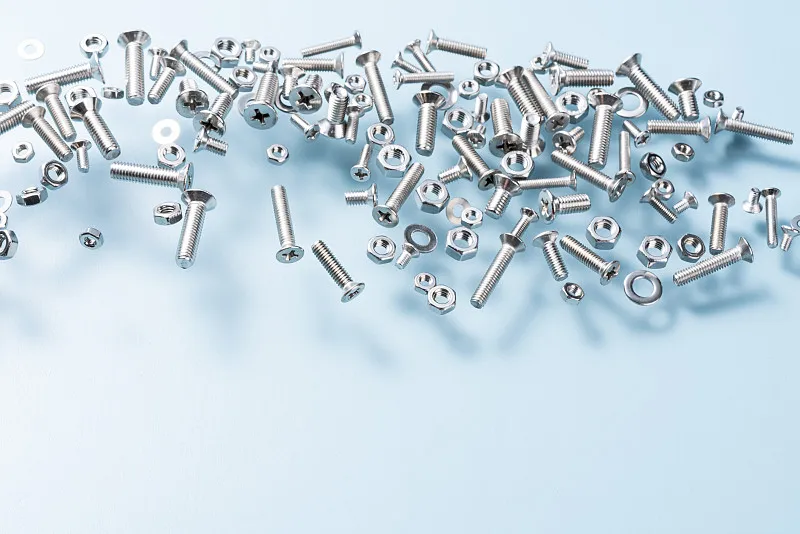
Pure Aluminum
- Superior electrical conductivity
- Extensive use in electrical and electronic sectors
Aluminum Alloys
- Enhanced strength and corrosion resistance
- Critical in aerospace and automotive manufacturing
Aluminum hardware components encompass a wide range:
- Connectors
- Support brackets
- Fasteners
- Handles
- Hinges
- Clasps
When selecting aluminum components, consider:
- Functional requirements
- Compatibility with specific aluminum profiles
- Load-bearing capacity
- Long-term durability
Copper Materials: Exceptional Conductivity and Versatility
Copper stands out for its remarkable electrical and thermal conductivity. Different copper variants include:
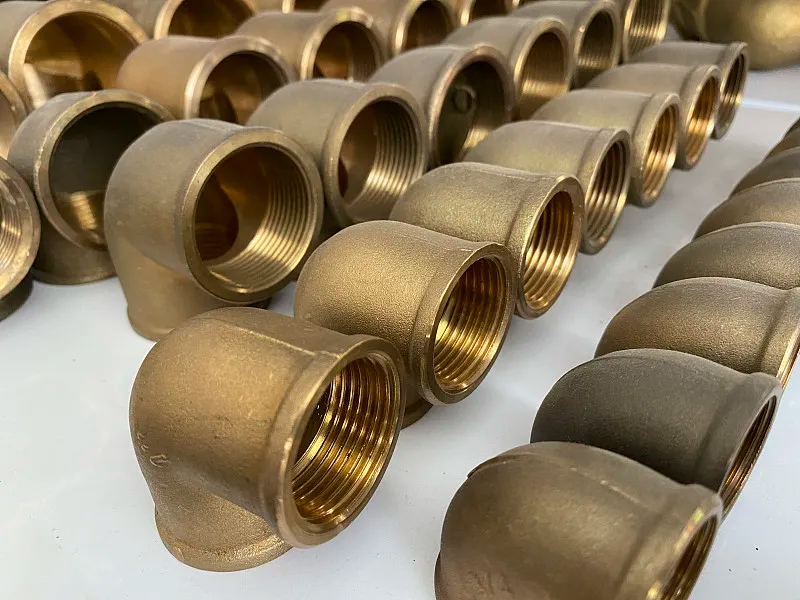
Pure Copper
- Outstanding electrical and heat transmission
- Prevalent in electrical and electronic applications
Brass
- Zinc-copper alloy with excellent processability
- Used in pipe and valve manufacturing
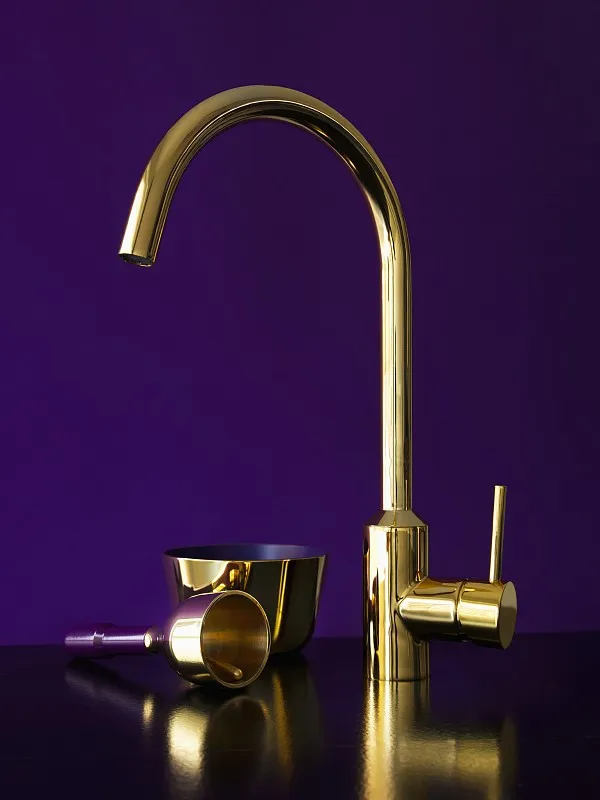
Bronze
- Copper-tin alloy with superior durability
- Utilized in precision parts and artistic creations
In furniture applications, brass remains the primary copper variant, offering:
- Cost-effectiveness compared to pure copper
- Moderate hardness and strength
- Electroplating compatibility for enhanced aesthetics
Plastic Materials: Flexible and Innovative Solutions
Plastics provide exceptional malleability, insulation, and corrosion resistance. Key variants include:

Polyethylene
- High toughness and low-temperature resistance
- Applications in packaging and construction
Polyvinyl Chloride (PVC)
- Strong chemical resistance
- Used in piping and cable sheaths
Polypropylene
- Excellent mechanical properties
- High-temperature tolerance
- Ideal for containers and piping
Wood Materials: Natural Elegance and Structural Integrity
Wood offers natural beauty and structural durability. Notable wood types include:

Pine
- Good resilience and wear resistance
- Common in construction and furniture manufacturing
Oak
- High hardness and corrosion resistance
- Preferred for flooring and furniture
Walnut
- Distinctive grain and decorative qualities
- Used in premium furniture and musical instruments
Electronic Components: Precision and Functionality
Electronic components represent specialized hardware materials crucial for technological devices:
- Resistors: Control electrical current
- Capacitors: Store electrical charge
- Diodes: Enable current rectification and switching
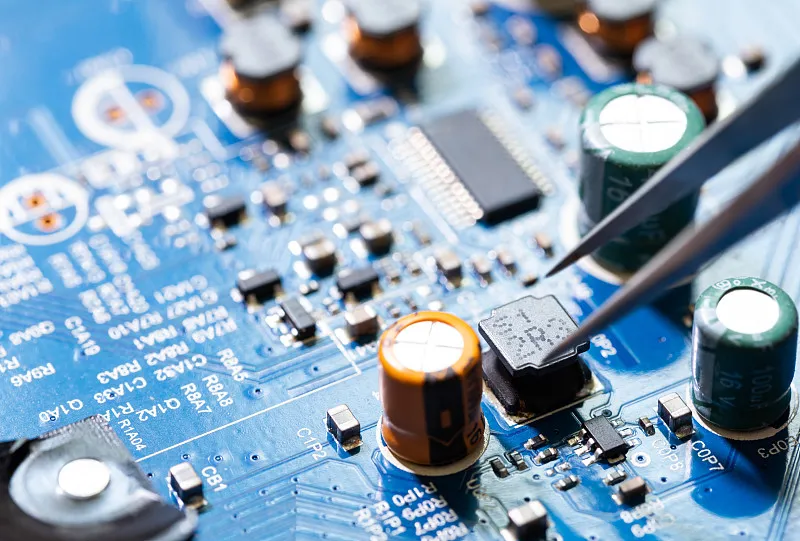
Hardware materials are fundamental to technological and industrial progress. Their diverse properties and applications drive innovation across multiple sectors, from construction and manufacturing to electronics and design.
